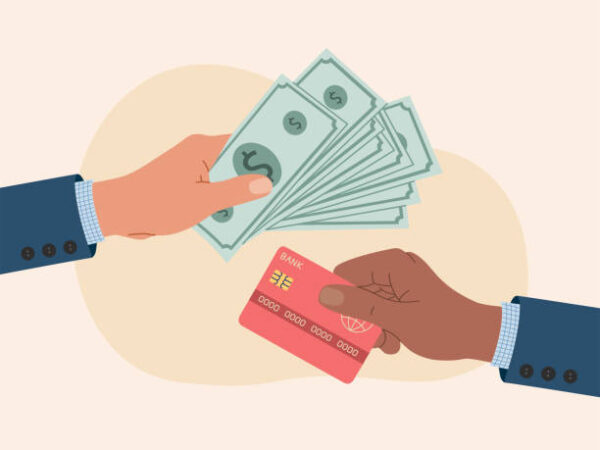What is a Credit Card?
A credit card is a payment card that allows its holder to borrow funds from a financial institution, such as a bank, to make purchases or pay for services. It provides a revolving line of credit, meaning that the holder can borrow up to a certain limit, make payments, and borrow again. Credit cards typically have an interest rate applied to the outstanding balance and may also have fees for late payments, cash advances, or exceeding the credit limit. Cardholders are required to make minimum payments each month, but they can also pay off the full balance to avoid interest charges. Credit cards also offer various benefits such as cash back, rewards points, and travel perks, which incentivize card usage.
Credit cards are important for several reasons. Firstly, they allow you to make purchases even if you don’t have the cash on hand. This can be useful in emergency situations or for larger purchases that you want to pay off over time. Secondly, credit cards offer a level of fraud protection. If someone makes unauthorized charges on your card, you can dispute them and you won’t be held responsible for the charges. Finally, responsible use of credit cards can help you build credit, which is important for obtaining loans and other forms of credit in the future. By paying your credit card bills on time and keeping your balances low, you can demonstrate to lenders that you are a responsible borrower.
One example of a credit card is the Chase Freedom Unlimited card. This card offers cashback rewards on all purchases, with a higher percentage on certain categories such as dining and travel. It also has no annual fee and a 0% introductory APR for the first 15 months, making it a popular option for those looking to make purchases and pay them off gradually over time. The card also offers various benefits such as purchase protection, extended warranty coverage, and fraud protection. Overall, credit cards like the Chase Freedom Unlimited offer convenience and rewards to users, while also helping to build and improve their credit scores.
How can I apply for a credit card?
The process of applying for a credit card can vary depending on the provider and your individual circumstances, but here are some general steps:
- Determine what type of credit card you want: There are many different types of credit cards available, so consider your needs and preferences. For example, do you want a card with rewards, a low interest rate, or no annual fee?
- Check your credit score: Your credit score can affect whether you are approved for a credit card and what terms you are offered. You can check your credit score for free with several online services.
- Research credit card providers: Look into the credit card providers that offer the type of card you want. Check their interest rates, fees, rewards programs, and any other features that are important to you.
- Apply online or in person: Once you have decided on a credit card provider and card type, you can apply online or in person. You will need to provide personal and financial information, such as your income, employment status, and social security number.
- Wait for approval: After you submit your application, the credit card provider will review your information and decide whether to approve you for the card. This process can take a few minutes to several weeks, depending on the provider.
- Receive and activate your card: If you are approved for the credit card, it will be sent to you in the mail. You will need to activate it before you can use it.
It’s important to read the terms and conditions of the credit card carefully before applying, so you understand the interest rates, fees, and rewards associated with the card.

